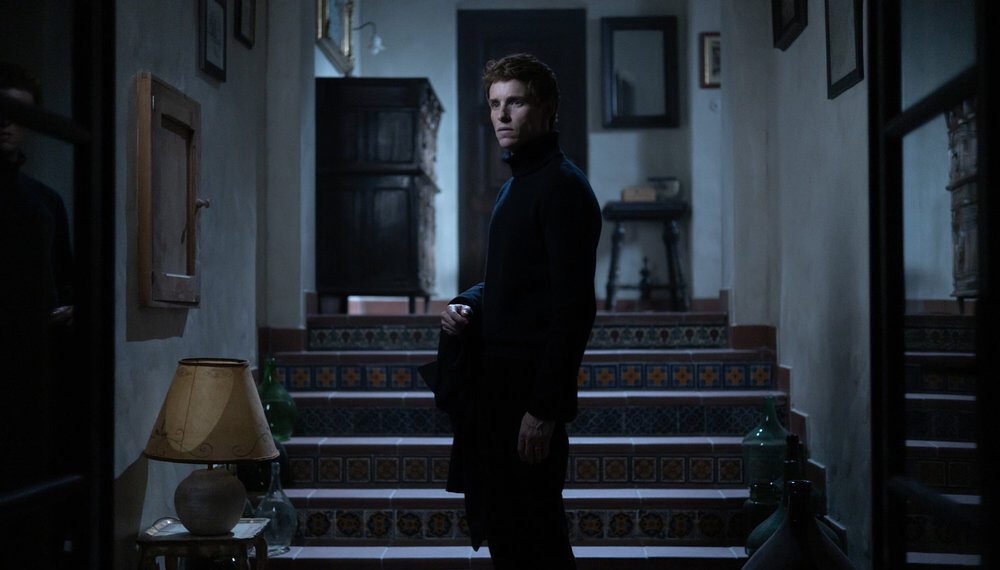The Day of the Jackal (1973): A Masterclass in Tension and Precision
The Day of the Jackal, directed by Fred Zinnemann and released in 1973, is a slow-burning political thriller that has stood the test of time. Based on the best-selling novel by Frederick Forsyth, the film is a fictionalized account of an attempted assassination of French President Charles de Gaulle by a professional hitman known only as "the Jackal." It is widely regarded as one of the finest examples of the suspense genre, thanks to its meticulous pacing, restrained storytelling, and razor-sharp attention to detail.
Set in the early 1960s, the plot revolves around a disillusioned French paramilitary group called the OAS, which seeks to assassinate de Gaulle for his role in granting Algeria independence. After several failed attempts, they hire an anonymous English assassin—code-named “the Jackal”—to succeed where they have failed. With cold precision, the Jackal begins planning the assassination, adopting fake identities, acquiring forged documents, and designing a custom rifle, all while remaining one step ahead of the authorities.

What makes The Day of the Jackal particularly compelling is its dual narrative structure. While we follow the Jackal's methodical preparations, the French police—led by the intelligent and determined Inspector Lebel—race against time to uncover and stop him. This parallel structure creates a cat-and-mouse tension that drives the film, even though we already know from history that de Gaulle was never assassinated. The suspense lies not in what will happen, but in how close the Jackal comes to success.
Edward Fox delivers a chilling performance as the titular Jackal. With an air of detached professionalism, he transforms from an anonymous gun-for-hire into a fascinating and unpredictable villain. The film never gives us his real name or personal backstory, which adds to his mystique. His ability to blend into his surroundings, manipulate people, and remain calm under pressure makes him one of cinema’s most memorable assassins—not flamboyant or emotional, but cold, efficient, and dangerously human.

The direction by Fred Zinnemann is understated and confident. There are no flashy action scenes or dramatic music cues to manufacture suspense. Instead, the film builds tension through silence, tight editing, and realism. Every step of the Jackal’s journey feels grounded in possibility, which is part of what makes the story so unsettling. The cinematography captures 1960s Europe in a subdued, almost documentary style that enhances the film’s sense of authenticity.
The Day of the Jackal also serves as a study in procedural work. Inspector Lebel’s investigation is just as captivating as the Jackal’s plotting, showcasing the laborious, intelligent, and often frustrating process of tracking a ghost. It’s a testament to the film’s writing that both perspectives feel equally engaging and essential.
In conclusion, The Day of the Jackal remains a landmark in political thrillers—elegantly crafted, relentlessly focused, and refreshingly intelligent. It’s a film that doesn't rely on spectacle or clichés, but rather on suspense rooted in realism and character. Decades later, it continues to influence the genre and captivate audiences with its chilling portrait of a man whose job is to kill, and whose only weakness may be time itself.



-1751860955-q80.webp)